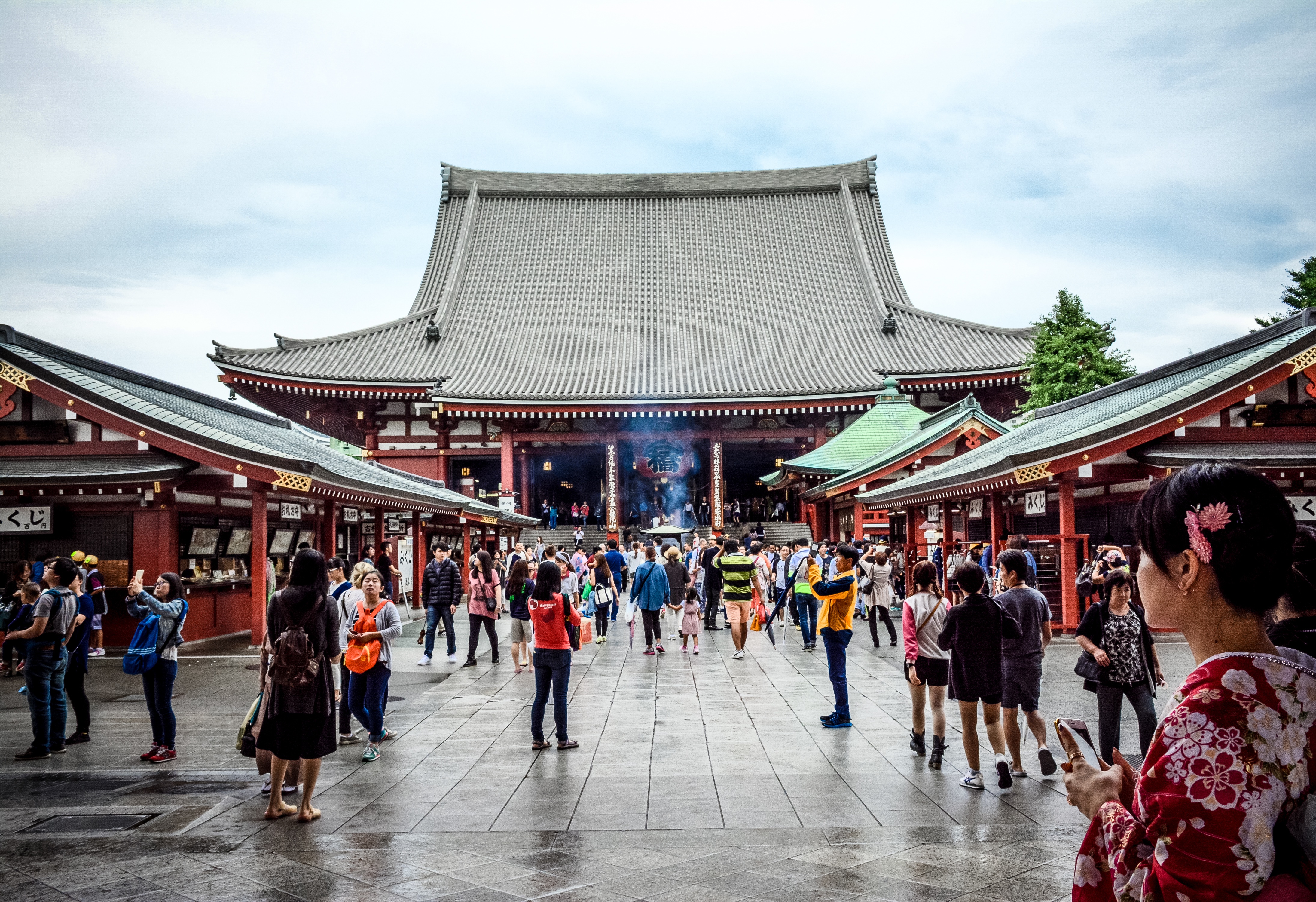
By Kate Ritchie, Ethikate Principal Lawyer and Trade Marks Attorney
China. It’s one of the largest markets in the world and Australia’s primary trading partner, two attributes that make it extremely attractive to many Australian businesses looking to get their products to market affordably.
With its many benefits as a manufacturing capital, China is notoriously one of the world’s infringement capitals, which is why it is crucial that business owners expanding there understand how to protect their Intellectual Property.
With its many benefits as a manufacturing capital, China is notoriously one of the world’s infringement capitals, which is why it is crucial that business owners expanding there understand how to protect their Intellectual Property.
I have just returned from China after visiting with a client and the trip reminded me of some of the key differences when it comes to IP protection between that country and Australia.
Most important are the differences in trade marking. Unlike Australia, China is a ‘first to register’ not a ‘first to use’ state. This means that even if you are the first to use a brand in China, unless it has been registered via the lodgement of a China trademark application, it is not protected. Therefore, anyone who is aware of your brand prior to its registration can obtain a trade mark and prevent you from using your product in China. This has caused headaches for well-known brands, including Tiffany & Co and Tesla.
Patent and design applications do not differ as significantly and the process is more comparable to Australia. In China, business owners have two patent options.
The first is an innovation patent that is equivalent to Australia’s standard patent and carries a term of 20 years. The second option is a utility or ‘mini’ patent, which carries a shorter term of 10 years. China’s utility patent option is somewhat comparable to Australia’s design registration system. It simply requires you to apply to register your design in China before you launch the product and the registration is valid for 10 years, the same as Australia.
Given counterfeit goods and cheap knock off products are commonplace, China is notorious for IP breaches and can be an extremely difficult country to do business in.
So before expanding your business into China there are some key steps you must take to protect your brand and your business:
- Have potential business partners and manufacturers sign a confidentiality deed or non-disclosure agreement before entering into any discussions. Preferably have all documentation in both English and Mandarin or Cantonese.
- Apply to register your trade marks, designs and patents in China as soon as possible and give consideration to registering the trade mark in both English and Mandarin or Cantonese.
- Enforce your rights. Monitor the market and don’t be afraid to take action against infringers as it’s essential to maintaining the reputation and value of your brand. We work with reputable attorneys in China and can assist with this often daunting process.
- Understand the manufacturing process in China. Verify the manufacturing company you are going to be working with and don’t settle for not having a proper manufacturing agreement in place. This agreement should also be in English and Mandarin or Cantonese, depending on the province in which your manufacturer is based.
Ethikate offers a range of affordable packages specifically designed for startup founders and small businesses, including our $199 Initial Consult. If you have any questions about small business law, including Intellectual Property, Trade Marks and Brand Protection, feel free to get in touch. We’d love to hear from you!

